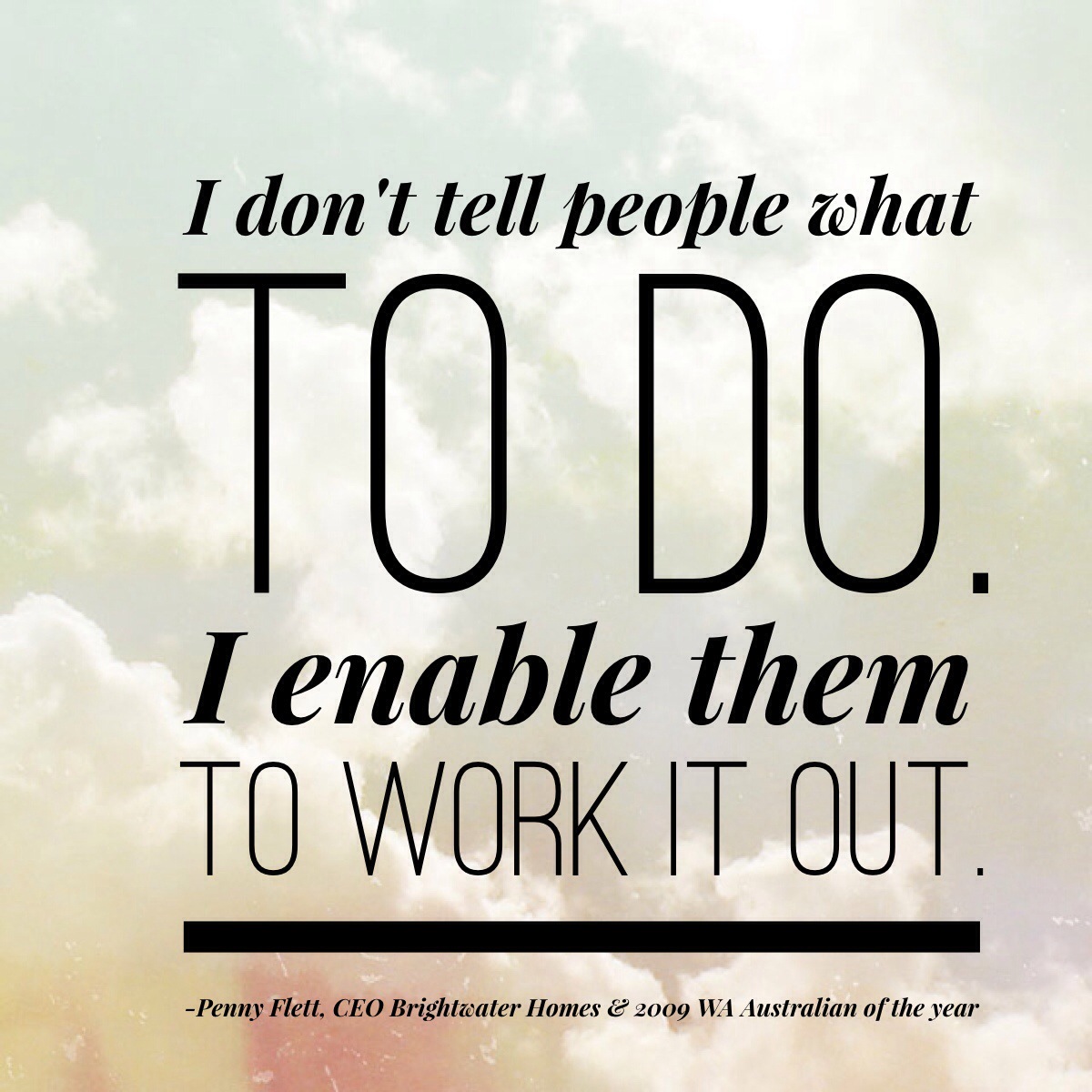Coaching at work to improve performance can suffer from a perception issue. It can be considered to be a remedial solution rather than a positive or performance enhancing solution. That is, that you have a coach or are coached when there is something “wrong”.
But truly, this is usually far from the truth. Usually, organisations offer coaching to high performers, to allow them to hone their skills. Or to those that need some help with a specific issue but who have potential otherwise. Or those that but for a specific behaviour could have a great career within the organisation.
And it makes sense. Think about elite sportsmen and women; they don’t question the need for a coach. In fact, it is taken as a sign that you have reached a particular level when coaching is taken much more seriously, and you no longer have a kids’ parent “coaching” the side.
What is coaching?
Before you decide whether coaching can help you improve your performance at work, you will need to understand what coaching is.
Coaching is one of those concepts that is often misunderstood. Often we talk about a coach and we mean mentor, or sometimes something else entirely. But coaching is not mentoring, nor vice versa.
The Tao of Coaching describes coaching as follows:
“Coaching aims to enhance the performance and learning ability of others. It involves giving feedback, but it also includes other techniques such as motivation and effective questioning. And for a manager-coach it includes recognising the coachee’s readiness to undertake a particular task, in terms of both their will and skill. Overall, the coach is aiming for the coachee to help her -or himself. And as it is a dynamic interaction – it does not rely on a one way flow of telling or instruction.?”
Coaching ultimately is about enabling a coachee to come to their own solution around an issue or problem or aspect of their development. The coach provides the structure and safe place for the coachee to reach their own answers. “I think you should do this” is not coaching. Nor is “here’s the way you do it”. They are examples of instructing. There may be times where instruction is necessary; but when it is about an issue that someone is grappling with – trying to grow, develop or solve, rather than do; then coaching rather than instructing is necessary.
Different coaches will have different approaches but generally coaching is a one on one conversation, where the coach provides the space and questioning to enable the coachee to work through an issue and generate solutions / approaches / answers to doing things differently or better.

What makes coaching for improved performance at work successful?
- Do you have a specific performance or behavioural issue you would like to address / improve?
- Are you looking for ways to continue to further enhance your leadership / communication etc skills?
If you think there are areas of your work, attitude, skill, behaviour that you would like some assistance to address, then coaching can offer provide a safe place to find new solutions, and practice new approaches. There are however, three aspects that are important for coaching to be a success:
That the coachee actually wants to be coached!
It sounds obvious, but there is no process more doomed than one where the coachee has coaching foisted upon them. The coachee needs to see that there can be a benefit to them. And more importantly, is prepared to actively engage with the process.
That the coach/coachee match is the right one
It is critical that there is a good match between the coach and the coachee. Sometimes this means trying a few coaches until there is the right connection and the right degree of trust present.
That the organisation supports the process
Coaching, typically, is a process that can take weeks or months to work through, sometimes longer. For it to be a success, the organisation needs to be prepared to support the coachee through the process, including supporting them as they try out new approaches. This means the coachee’s manager being interested and supportive of the process. It means providing feedback to the coachee. Behavioural change doesn’t occur in an organisational vacuum. For ongoing and sustainable improvements to be made, the organisation needs to do its part.
So, what do you think? Could coaching help you improve your work performance? Hone your skills? Get to grips with something that has been holding you back?
Until next week, happy reading.

Ps. Did you read last week’s blog on how to change your life, your job, anything?

